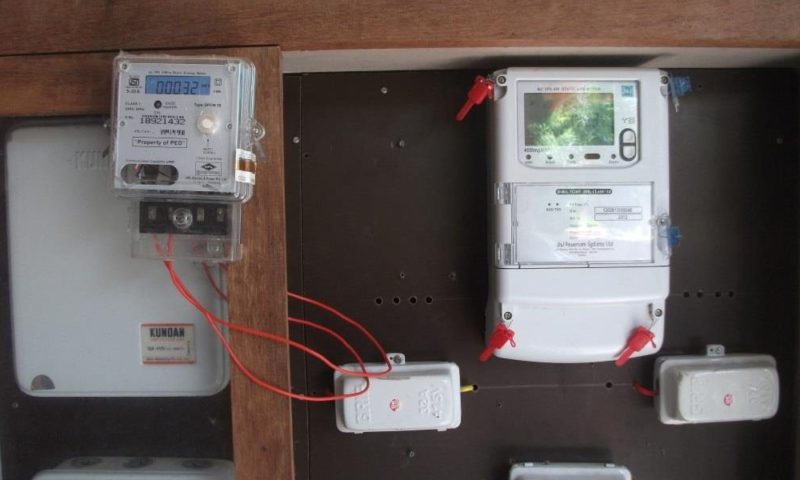Let us momentarily leave the devastation caused by the COVID-19 pandemic in terms of human life and economy aside. One must admit that the pandemic has imparted several lessons ranging from how humans should lead their lives right up to how nations should be run.
In the context of the electricity value chain, COVID-19 has brought to prominence the role of prepaid meters. Due to the nationwide lockdown that lasted for over two months, and is only now being eased out, power distribution utilities were simply unable to undertake meter reading and dispatch bills. For those lockdown months, discoms sent out “average” bills, based on past meter readings. This led to a very piquant situation where consumers (especially commercial and industrial) were over-billed even when there was not a single unit of electricity consumed.
As opposed to this, take the case of Bihar. In a general sense, Bihar is an impoverished state in terms of its electricity value chain. It has insufficient power generation, inadequate transmission network and a power distribution network that is both technically and commercially inefficient, to say the least.
In such a situation of adversity, Bihar was in the limelight on one important count – prepaid energy meters. The eastern state has around 25,000 smart prepaid meters, installed by nodal agency Energy Efficiency Services Ltd (EESL) under the National Smart Metering Programme. Bihar has around 28,000 smart meters out of which some 25,000 are of the prepaid type.
Consumers are “loading” an average of Rs.20 per day, resulting in prepaid revenue of Rs.5 lakh per day for the power distribution utilities. The metering, billing and revenue collection is thus completely independent of human intervention. Needless to say, the prepayment is also being done digitally.
While most progressive discoms have been struggling with their metering and billing activity during the lockdown, we have an unlikely candidate in Bihar that is chugging along independent of the pandemic-induced difficulties – at least with respect to its 25,000 prepaid consumers.
Also read: Total dues of discoms rise 37 per cent in July 2020
This experience is bound to promote the prepaid energy meter culture in a big way. It is not only about billing efficiency but prepaid payment can be the first important step for discoms in their quest for becoming commercially viable.
Under the Smart Meter National Programme, implemented by EESL, India has pledged to replace all its current 25 crore conventional energy meters by smart meters. While this programme is well underway, the government has indicated on several occasions that it wants to go in for prepaid meters. From a technical perspective, a prepaid meter is essentially a smart energy meter equipped with “prepayment” functionality.
According to reliable estimates, the outstanding amount payable by discoms to power generators is currently around Rs.80,000 crore. Bailout packages and even reform-linked policies like UDAY haven’t really helped improve the situation.
Prepaid energy meters can be an effective medicine to many a chronic ailment of discoms.
The author of this article, Venugopal Pillai, is Editor, T&D India, and may be reached on venugopal.pillai@tndindia.com. Views expressed here are personal.

